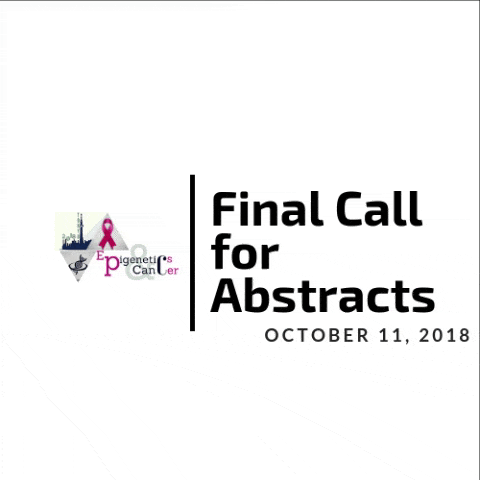
Bharat Singh Negi
Kobe University, Japan
Title: Adherence to ART, treatment failure and antiretroviral drug resistance as the consequences of earthquake and stigma among people living with HIV in earthquake-affected area in Nepal: A longitudinal study
Biography
Biography: Bharat Singh Negi
Abstract
Statement of the Problem: A massive earthquake on 25th of April 2015 in Nepal disrupted health service delivery. In such disastrous condition, pre-studies about adherence to ART, treatment failure and antiretroviral drug resistance among HIV infected people were not available. However, notorious HIV stigma towards HIV infected people in non-disastrous situations and Posttraumatic Stress Disorder (PTSD) can be found. Th erefore, we assessed adherence to ART, treatment failure, and antiretroviral drug resistance including other socio-psychological issues such as stigma and post-traumatic stress disorder.
Method: Structured interviews to ART treated clients from 14 highly earthquake-aff ected districts were carried on at health facilities in two stages; at 6 months and 12 months of post-earthquake in Nepal. 305 participants were interviewed and 40 blood samples from treatment failure cases were taken. Adherence to ART was based on past 4-day missed doses and treatment failure was based on WHO's guidelines. Adherence could not be assessed among them just aft er the disaster time. Multivariate Logistic Regression analysis was done to measure associations of adherence to ART and treatment failure with other underlying factors while HIV-1 genomic fragments were amplifi ed and sequenced to identify Drug Resistance Mutations (DRMs). Pared t-test was applied to compare the level of adherence to ART and PTSD in two stages.
Result: Findings revealed that around 8% of the participants were not adherent to ART, 13% reported treatment failure, 44% has PTSD symptoms, and 49.8% experienced stigma. ART adherence was signifi cantly associated with age, area of residence and earthquake-PTSD while antiretroviral treatment failure was associated with stigma. Among successful DNA-amplifi cation blood samples, 23% exhibited drug resistance mutations. Results also revealed that adherence to ART and PTSD level were signifi cantly improved at later stage aft er a year of earthquake.
Conclusion: Considerably high level of treatment failure (13%) and improved adherence level at later stage suggests that there could have been low adherence to ART just post-earthquake time. In future, emergency medical programs in disaster area should seriously consider antiretroviral drug distributions and psychological counseling service for victims and programs to reduce stigma are necessary to improve adherence to ART and reduce treatment failure. Hence antiretroviral drug resistance problems may be curved.

